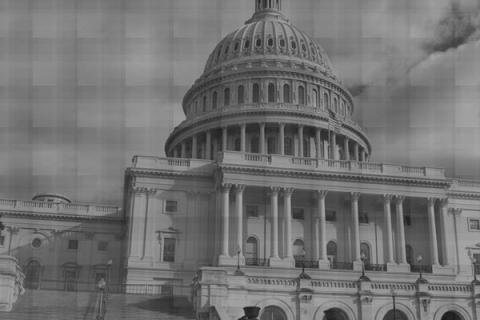As the U.S. ponders what ultimate course of action to take on immigration policy, perhaps it can take a lesson from its neighbors across the pond who have grappled with imposing an immigration cap next year.
The Guardian of London reports that the Chartered Institute of Personnel and Development (Europe’s largest Human Resources development professional body) has said that imposing an immigration cap would inevitably stifle skilled immigrants from importing their skill set into Britain’s economy.
Quite obviously, an immigration cap slamming skilled workers desiring to come into Britain would essentially lead to "skills shortages." Furthermore, employers who must spend their resources training workers to obtain a particular skill set waste time and money.
According to the Guardian:
"The reality for employers is that training workers to plug the UK skills gap is a lengthy task," said the institute's Gerwyn Davies. "The abrupt introduction of a radical cap would therefore leave many employers with a bigger skills problem and tempt employers with global operations to offshore jobs, where they can find the skills."
The Guardian’s article mentions other circumstances surrounding Britain’s immigration statistics such as the number of students that are coming to the country as well as the net migration rate, but it is nevertheless important to note that one of the core issues of addressing Britaian’s immigration policy is the skill set factor.
In light of its struggling economy, it is important to have a strong emphasis on those immigrants who already have a skill set coming into a country like Britain or even the United States.
"Britain has become much less attractive to migrants as a result of the recession and the weakened pound, the Institute of Public Policy Research said," the Guardian said.
The United Kingdom currently faces is a staggering economy, much like the U.S.
The United States faces the same problems as Britain when it comes to the immigration and the economy. Like employers in Britain are treating the two issues as inextricably linked, so also should the United States in developing their own immigration policy in a “broken system.”
Currently, the two party system in the U.S. is sparring both over jobs and immigration. On jobs, Democrats blame 8 years under President Bush while Republicans point at Obama as the job-killer. On immigration, both parties squabble in a frantic attempt not to be labeled racists.
Race-baiting is not and should be a part of the immigration discussion in the U.S. as it is a red herring. Instead, a huge proportion of those who should be allowed in this country should be based on those nations who will send the most skilled workers to dig the U.S. out of its current hole.
In essence, while America should encourage all nations to come establish themselves in the greatest land of opportunity, a huge allotment of citizenship should be given to those who will enhance job-opportunities for future generations to come.

